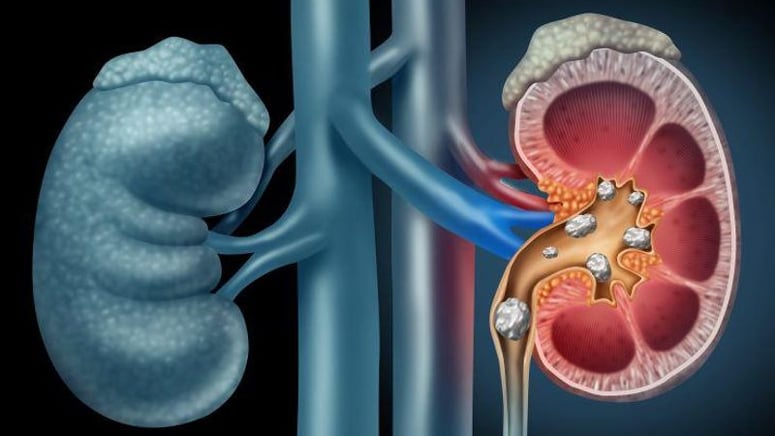ADPKD is known as autosomal dominant polycystic kidney disease. It is an inherited disease which is caused by the formation of fluid filled with sacs called cysts within the kidneys. The presence of these cysts prevents the kidneys from performing its major function which is filtering waste products. The presence of these sacs may enlarge the kidneys and then may lead to infections, high blood pressure, kidney stones, blood in the urine and if not treated well, may lead to kidney failure. In this article, we will be discussing the signs and symptoms, and treatments to live a normal healthy life with this health condition.
Causes

This health condition affects male and females equally. Age, ethnicity and race does not influence the chances of getting this illness. This disease is a genetic disease mostly passed from parents to offspring. It occurs when there is a disruption in the development of certain cells in the kidneys thereby forming cysts. Disruption of 1 out of 2 genes leads to ADPKD. These genes are
- PKD1: This is responsible for about 85% of this disease.
- PKD2: This is responsible for 15% of the cases of this disease.
The chances of a person developing this health condition is 50%. If one of the parents has a faulty PKD1 or PKD2 gene in very rare conditions, a person may get this disease without a genetic transfe. It is called spontaneous gene mutation and this occurs when there is a defect in PKD genes.













